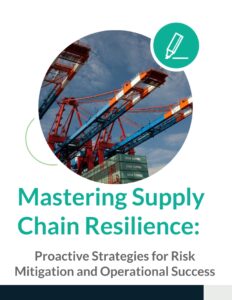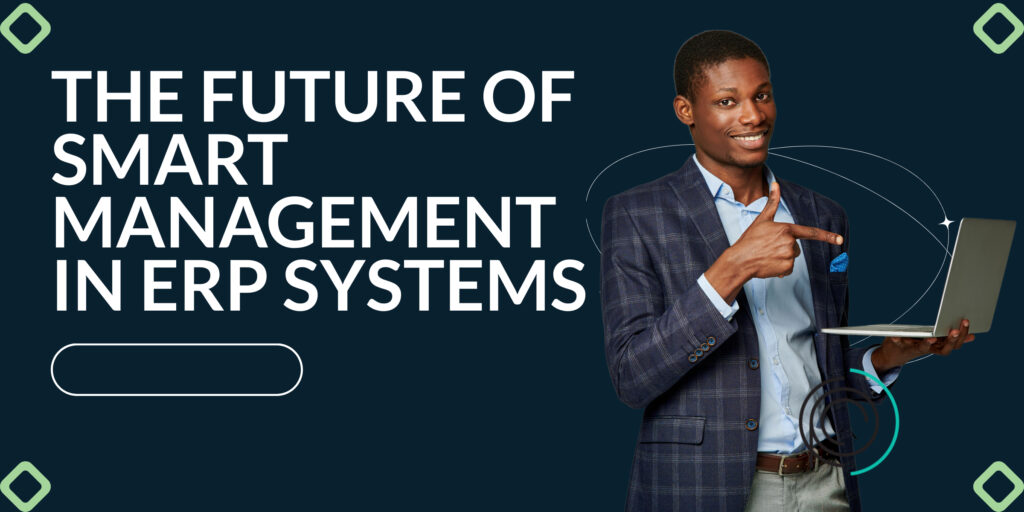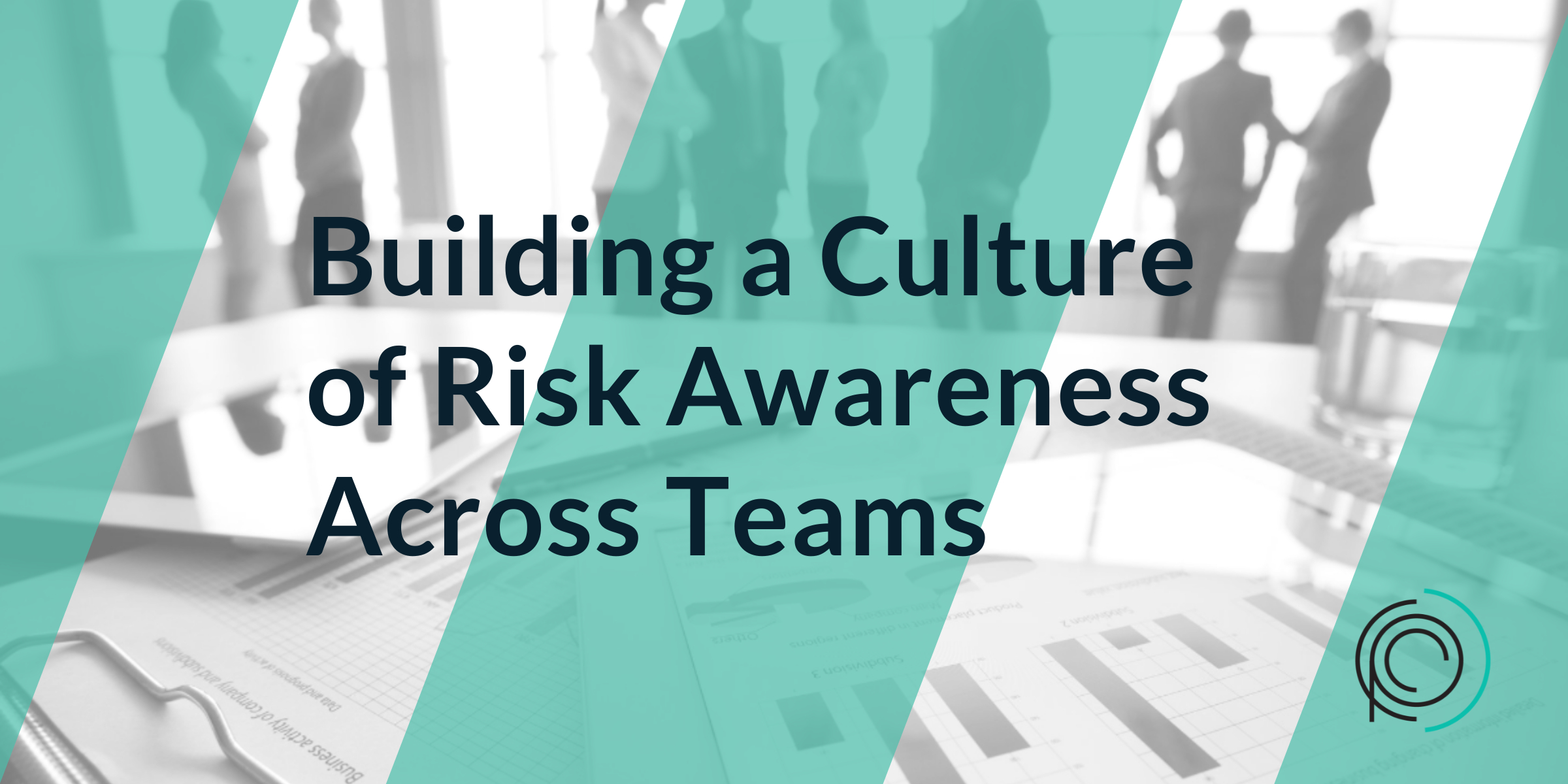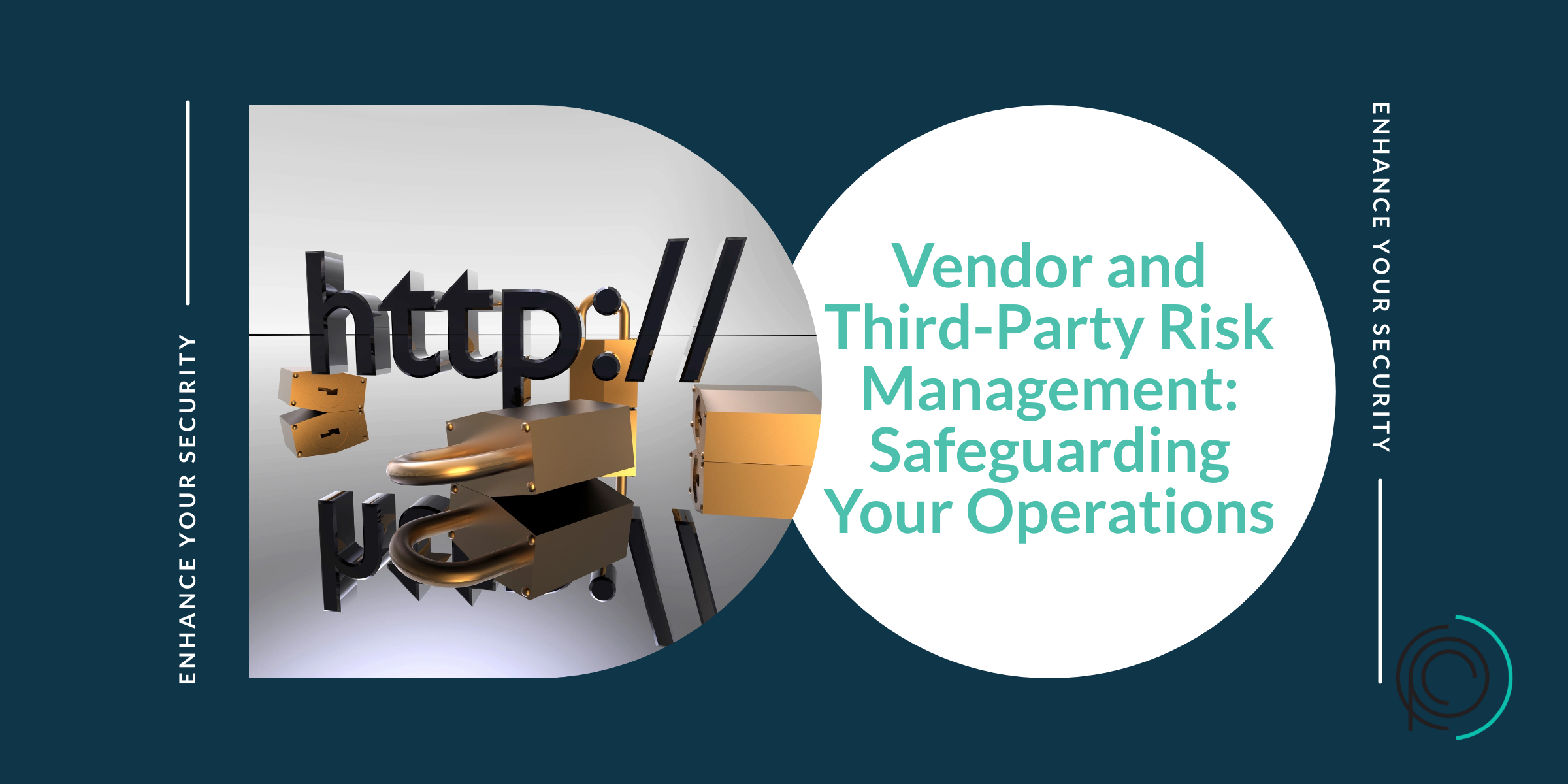Enterprise Resource Planning (ERP) systems are evolving rapidly, driven by the integration of cutting-edge technologies like Artificial Intelligence (AI), Machine Learning (ML), and Blockchain. These advancements are revolutionizing operations management, enabling businesses to automate processes, enhance data security, predict future trends, and optimize efficiency with unparalleled precision and transparency. In this blog post, we will explore the benefits, challenges, and popular solutions involving the integration of these technologies within ERP systems, shedding light on how they are shaping the future of smart management.
Benefits of ERP, AI, Machine Learning, and Blockchain Integration
Predictive Analytics and Machine Learning
AI and ML bring predictive analytics to ERP systems, transforming how businesses forecast demand, optimize inventory, and predict equipment maintenance needs. By analyzing historical data, AI algorithms can identify patterns and trends that allow companies to make informed decisions.
For example, a retail business might use ML algorithms to predict which products will be in high demand during certain seasons, allowing them to stock up accordingly. Over time, these algorithms improve their accuracy, leading to even better predictions and reduced downtime, ultimately increasing productivity.
In manufacturing, predictive maintenance powered by ML ensures equipment is serviced before any breakdown occurs, significantly reducing unplanned downtime and maintenance costs. This proactive approach not only extends the lifespan of machinery but also ensures continuous production and operational efficiency.
Self-Learning Systems
Self-learning systems are a hallmark of ML integration within ERP platforms. These systems continuously learn from operational data, refining processes and automating decision-making based on past outcomes. For instance, ML can recommend optimal supply chain adjustments or workforce allocations by analyzing data patterns.
Consider a logistics company with varying demand patterns. A self-learning ERP system can study these fluctuations and automatically adjust supply chain operations to minimize bottlenecks and delays. Such dynamic adjustments ensure smooth operations and better resource utilization.
Additionally, in human resources, self-learning systems can improve workforce management by predicting staffing needs and optimizing schedules. This ensures that the right number of employees is available at the right time, enhancing productivity and employee satisfaction.
Process Automation
AI-driven ERP systems excel at automating complex tasks, reducing the burden on human workers and improving efficiency. For instance, AI can adjust production schedules based on real-time market trends or perform financial reconciliations automatically.
Imagine a scenario where a manufacturing company needs to adjust its production lines to meet changing consumer demands. An AI-powered ERP system can analyze market data, adjust production schedules, and allocate resources accordingly, all in real-time. This ensures that production aligns with demand, minimizing waste and maximizing profitability.
Furthermore, ML models can predict deviations and take corrective actions, enabling real-time process adjustments. For example, if a sudden spike in sales is detected, the system can automatically order additional raw materials and allocate resources to meet the increased demand, ensuring seamless operations.
Blockchain for Data Integrity and Security
Integrating blockchain into ERP systems enhances data transparency and security. Blockchain creates an immutable ledger of transactions, ensuring traceability in supply chains, contract management, and financial transactions. This is especially important for industries subject to strict regulatory standards.
In the pharmaceutical industry, for example, blockchain can track the entire supply chain of a drug, from manufacturing to distribution. This transparency ensures that counterfeit products are easily identified and removed from the market, protecting consumers and maintaining trust in the brand.
Similarly, in finance, blockchain can secure transactions, reducing the risk of fraud and ensuring accurate financial reporting. Every transaction is recorded on an immutable ledger, providing an auditable trail that enhances trust and compliance.
Smart Contracts
Blockchain technology enables the use of smart contracts—self-executing contracts with terms directly written into code. This streamlines procurement, supplier agreements, and financial transactions, reducing delays and minimizing disputes.
Consider a construction project where multiple contractors are involved. Smart contracts can automate payments based on predefined milestones, ensuring that contractors are paid promptly upon completing their work. This reduces administrative overhead and ensures timely project completion.
In international trade, smart contracts can automate customs procedures and payments, reducing delays and minimizing the risk of disputes. This enhances the efficiency of cross-border transactions, benefiting businesses and consumers alike.
Challenges of Implementation
Data Quality and Management
AI and ML models require clean, high-quality data to function effectively. Ensuring that operational data is consistent and accurate across the organization is critical to maximizing the potential of these technologies.
For instance, a retail company implementing AI for predictive analytics must ensure that its sales data is accurate and up-to-date. Inconsistent or incomplete data can lead to inaccurate predictions, undermining the benefits of AI.
Data quality issues can arise from various sources, including human error, outdated systems, and inconsistent data entry practices. Organizations must invest in data governance practices, including data cleaning, validation, and standardization, to ensure high-quality data.
Integration with Legacy Systems
Incorporating AI, ML, and blockchain into existing ERP systems may pose integration challenges, particularly with legacy platforms that lack compatibility with these advanced technologies.
Many organizations still rely on legacy ERP systems that were not designed to handle the complexities of AI and ML integration. Upgrading or replacing these systems can be a costly and time-consuming process.
To address this challenge, organizations can adopt a phased approach to integration, starting with pilot projects and gradually scaling up. Additionally, middleware solutions can bridge the gap between legacy systems and modern technologies, facilitating seamless integration.
Cost and Expertise
Implementing these technologies requires significant investment in both infrastructure and training. Organizations may need to hire or upskill staff to effectively manage AI, ML, and blockchain systems.
For example, implementing AI-driven predictive maintenance in a manufacturing plant may require investing in sensors, data storage, and analytics platforms. Additionally, staff must be trained to interpret and act on the insights generated by AI models.
Organizations can mitigate these costs by partnering with technology providers and leveraging cloud-based solutions. Cloud platforms offer scalable and cost-effective infrastructure, reducing the upfront investment required for AI and ML implementation.
Popular Solutions
SAP S/4HANA with AI and Blockchain
SAP’s flagship ERP solution, S/4HANA, includes AI and ML functionalities for predictive analytics and real-time insights, along with blockchain capabilities for secure and transparent transaction management.
S/4HANA’s AI-powered analytics can predict market trends, optimize inventory levels, and identify cost-saving opportunities. The integration of blockchain ensures the integrity and traceability of transactions, enhancing trust and compliance.
Additionally, S/4HANA’s intuitive user interface and real-time processing capabilities empower decision-makers with actionable insights, enabling them to make informed decisions quickly and confidently.
Oracle Blockchain and Machine Learning
Oracle integrates AI, ML, and blockchain into its ERP systems, offering enhanced automation, predictive analytics, and secure data management, particularly for industries with high compliance needs.
Oracle’s AI-driven automation streamlines complex business processes, reducing operational inefficiencies and enhancing productivity. ML models provide predictive insights, enabling organizations to anticipate and respond to changing market conditions.
The integration of blockchain ensures data integrity and security, making Oracle’s ERP solutions ideal for industries such as finance, healthcare, and supply chain management, where compliance and transparency are paramount.
Microsoft Dynamics 365 with AI and Blockchain
Microsoft Dynamics 365 uses AI and ML to offer real-time operational insights and predictive analytics while incorporating blockchain to ensure secure and transparent supply chain transactions.
Dynamics 365’s AI capabilities enhance customer engagement by providing personalized experiences and targeted marketing campaigns. ML models optimize inventory management, reducing stockouts and overstock situations.
Blockchain integration ensures the traceability and security of supply chain transactions, enhancing trust and collaboration among partners. Dynamics 365’s seamless integration with other Microsoft products, such as Azure and Office 365, provides a comprehensive solution for businesses.
Conclusion
The integration of AI, machine learning, and blockchain is revolutionizing ERP systems, making operations management more intelligent, secure, and future-proof. While implementation may require careful planning and investment, the benefits—such as predictive insights, enhanced automation, and robust data security—make these technologies indispensable for businesses seeking to maintain a competitive edge.
Decision-makers must recognize the potential of these technologies and take proactive steps to integrate them into their operations. By doing so, they can unlock new levels of efficiency, agility, and innovation, positioning their organizations for success in an increasingly competitive landscape.
If you’re ready to explore the future of smart management, consider partnering with leading ERP providers like SAP, Oracle, and Microsoft. Their solutions offer a seamless integration of AI, ML, and blockchain, empowering your organization to thrive in the digital age.
To learn more about how these technologies can transform your operations, sign up for a free consultation with our experts today. Together, we can chart a path to a smarter, more efficient future.






